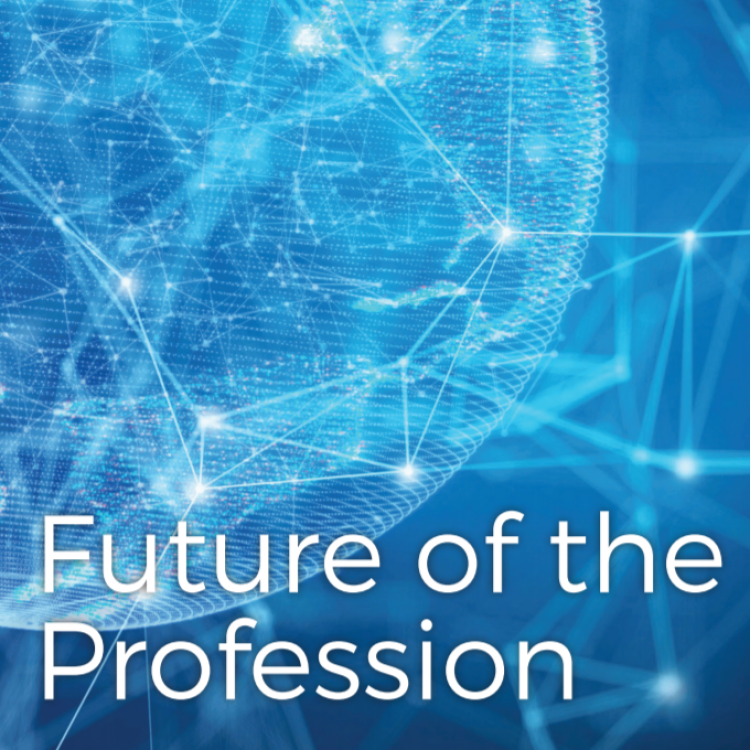Revealed: Airmic research outlines future of the profession

An overwhelming majority of risk professionals are using technology to work faster and smarter, according to the results of an Airmic survey on the future of the profession.
The report, produced in collaboration with Willis Towers Watson and drawing on the responses of 227 risk professionals in December and January, states that combining digital literacy, a creative mindset and strong influencing skills will be the key to success for the next generation of risk leaders.
Among the key findings of the report, 40% of risk professionals said they did not want to move into another function, while there appears to be a strong pipeline of female talent. Fifty-six per cent of millennial respondents were female and women tend to stay in the risk profession longer than men do.
“The future of the workplace will be very different to how it is now,” says Amanda Scott, Talent and Rewards Leader, Great Britain, Willis Towers Watson. “We are delighted to have collaborated with Airmic on the development of this report which will help risk professionals to think about the future – of the industry, their profession, their role and their personal skillset.
“The increasing use of Artificial Intelligence and new technology means risk professionals will need to continually evolve their personal skillset to continue to be relevant and to add value as a critical partner to the business strategy.”
The report also highlighted how quickly the role of the risk professional is changing with three-quarters (70%) of respondents saying they have needed to acquire different knowledge and skills in the last four years. When asked what skills would be most important in the future, digital literacy (60%), a creative and innovative mindset (55%) and negotiating and influencing skills (52%) were the most commonly cited.
“It is clear the profession is undergoing rapid change. If risk professionals can acquire the right balance of skills, this will be a huge opportunity to grow their influence,” Hoe-Yeong Loke, Airmic’s research manager.
“With the trends in technological disruption, it is important for us to be closely attuned to the needs and aspiration of the risk profession, rather than to be led by popular misconceptions or outdated research. This is what Airmic’s latest report seeks to do, while also making recommendations for risk professionals to be professionally fit for the future.”
To read the full Future of the profession report on the Airmic website, click here.
